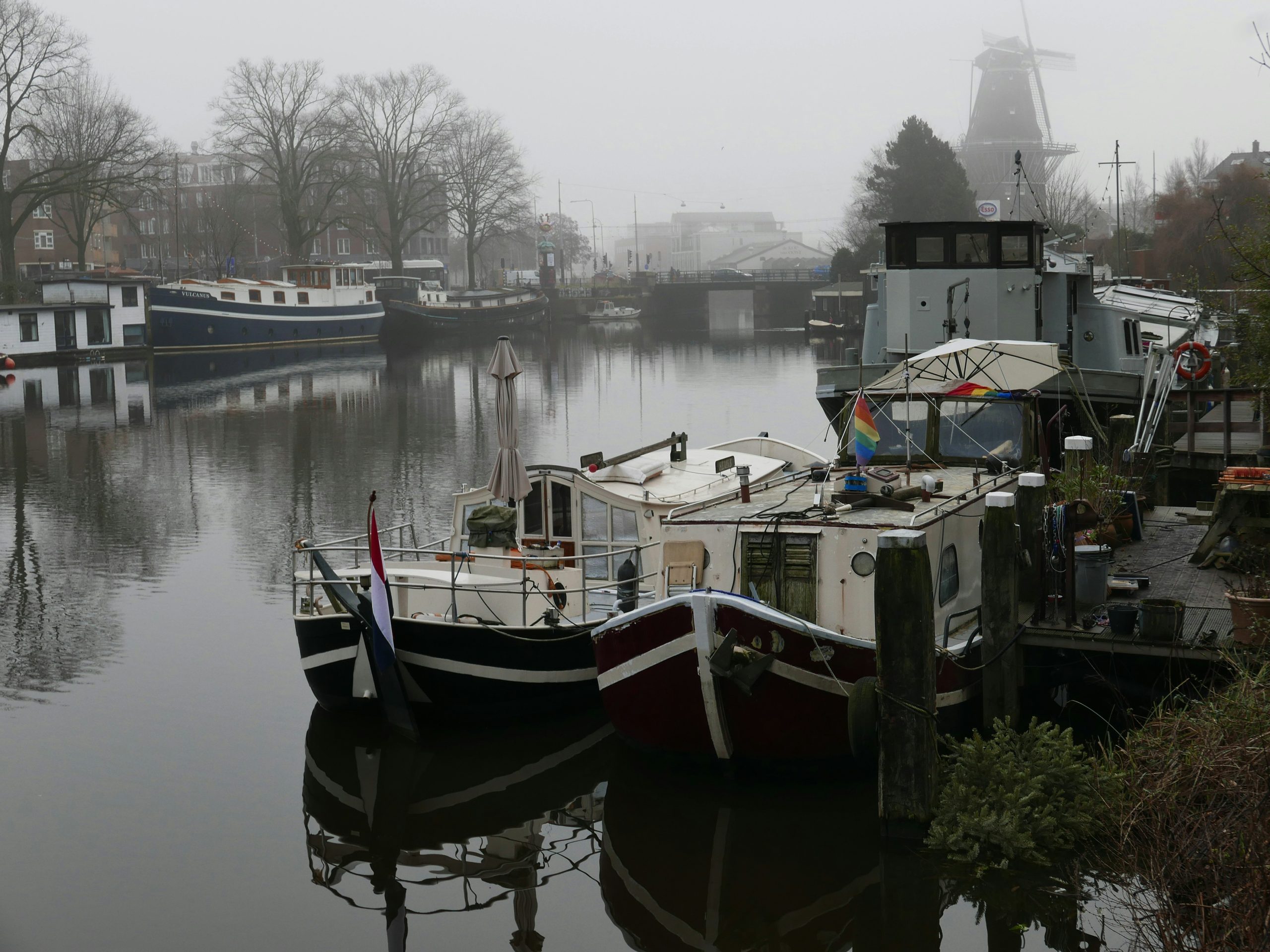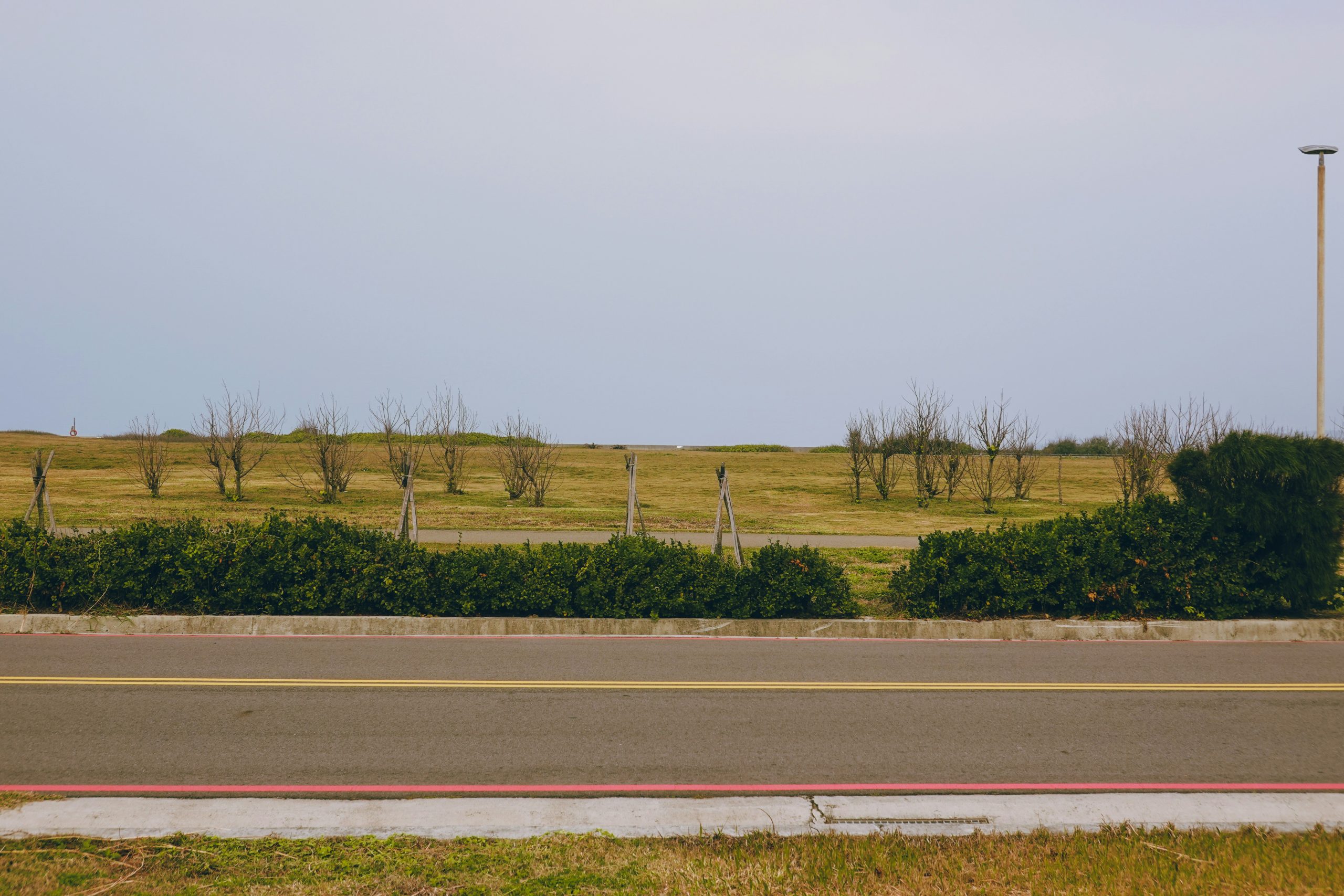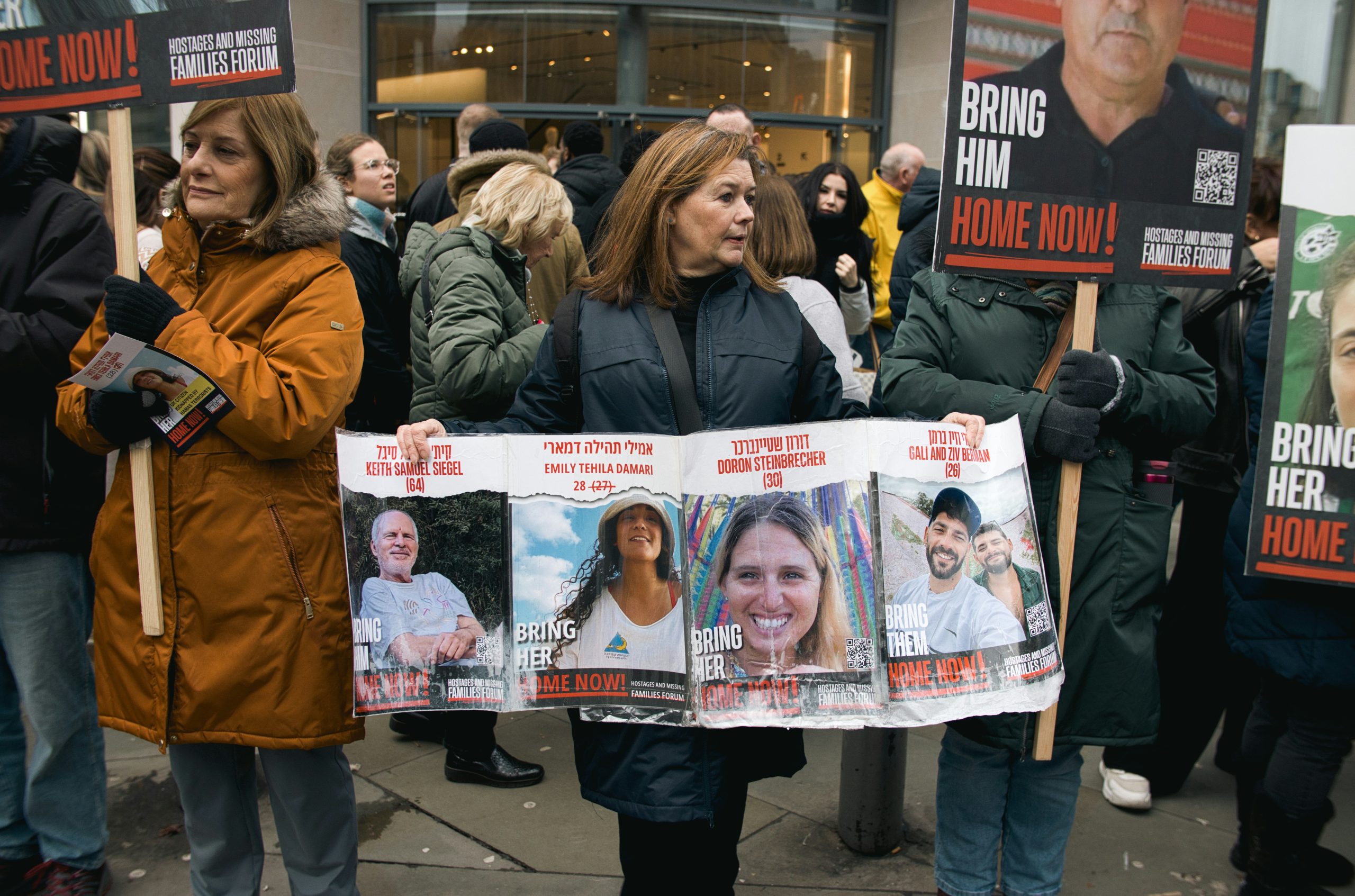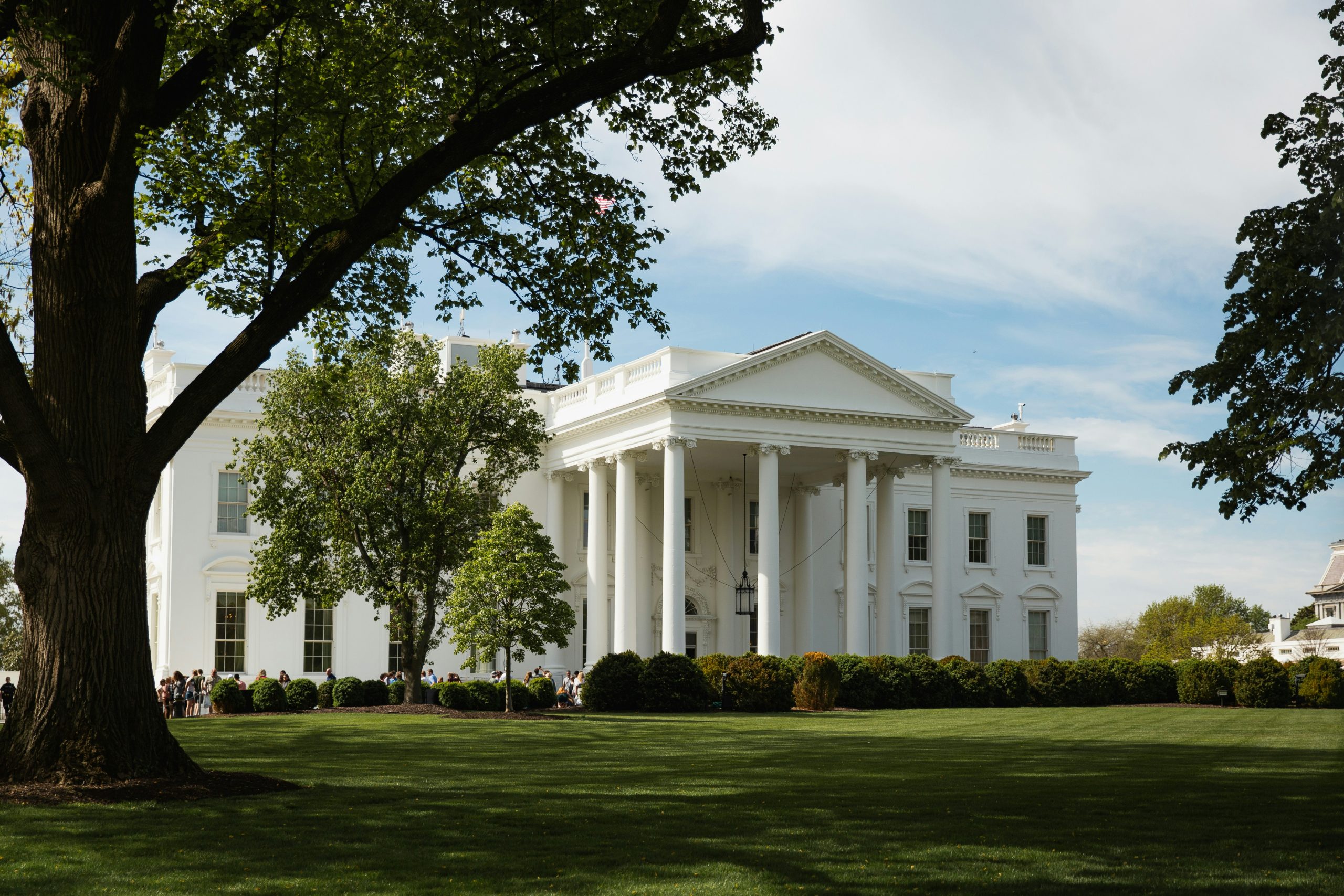Iran’s Revolutionary Guard Claims Responsibility for Assassination of Hamas Leader
In a shocking revelation, Iran's Revolutionary Guard has publicly acknowledged its involvement in the assassination of Ismail Haniyeh, the political chief of Hamas. The incident, which took place in Tehran, has sent ripples of concern through the Middle East, further complicating an already tense geopolitical landscape. According to the Revolutionary Guard, a short-range projectile was responsible for the attack, marking a significant escalation in Iran's military activities and its direct engagement in regional conflicts.
The assassination has not only humiliated Iran's leaders but has also dashed hopes for a ceasefire in the ongoing conflict between Israel and Palestinian militant groups. This event raises questions about the stability of the region and the potential for retaliatory actions from Hamas and its allies. As the dust settles, the implications of this high-profile killing are being closely monitored by international observers and regional powers alike.
In light of this assassination, Gen. Michael Kurilla, a key figure in U.S. military operations in the Middle East, is expected to mobilize a coalition similar to the one that previously defended Israel against Iranian aggression. This coalition aims to counterbalance Iran's influence in the region and prevent further escalations that could lead to broader conflicts.
The Iranian media has been rife with commentary on the assassination, often framing it as a significant blow to the nation’s prestige and highlighting the internal and external challenges it faces. The narrative suggests that the Iranian leadership may be feeling the pressure from both domestic unrest and the complexities of international relations, especially as they navigate their alliances with militant groups like Hamas.
As tensions continue to rise, the aftermath of Haniyeh's assassination will likely prompt a re-evaluation of strategies among various factions in the Middle East. The heavily armed nations in the region are preparing for potential ramifications, with many observers predicting an uptick in hostilities. The geopolitical chess game is becoming increasingly complicated, as Iran's actions may provoke a stronger response from other nations, particularly Israel, which has historically viewed Hamas as a significant threat.
In conclusion, the assassination of Ismail Haniyeh not only signifies a pivotal moment for Iran but also reshapes the strategic landscape of the Middle East. As nations brace for potential fallout, the international community watches closely, knowing that the repercussions of this event could have lasting effects on peace and stability in the region.











